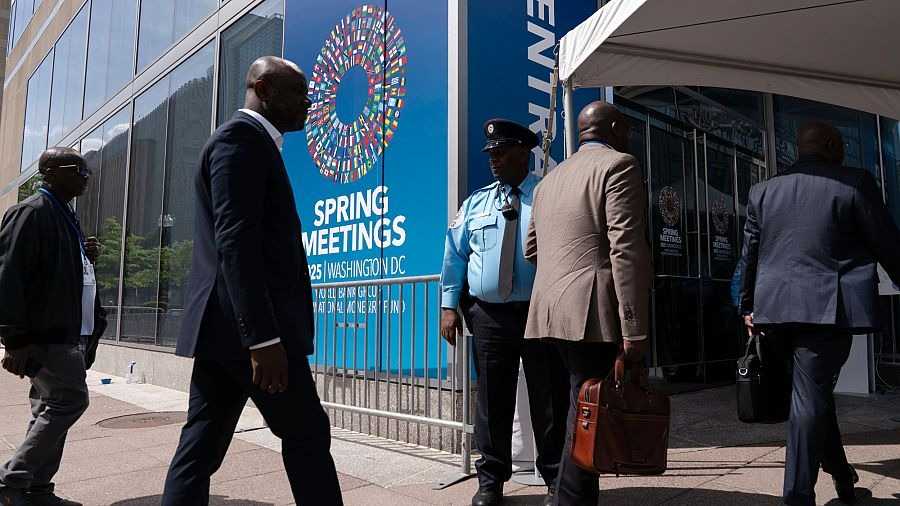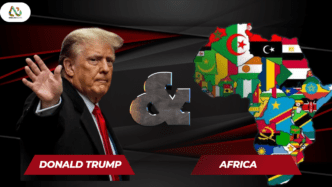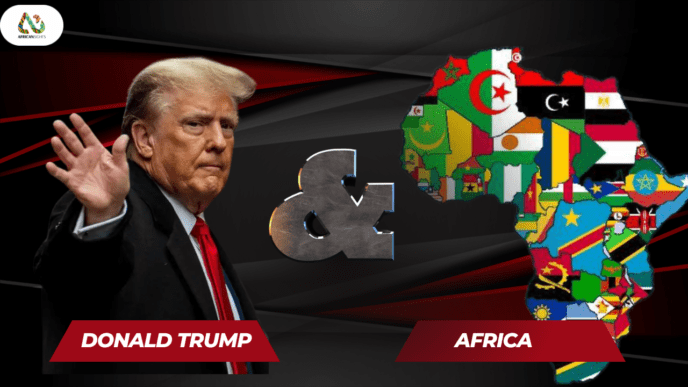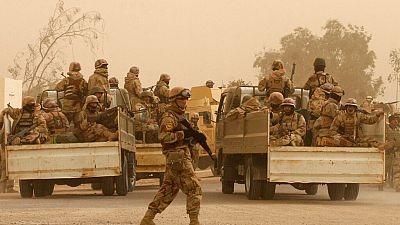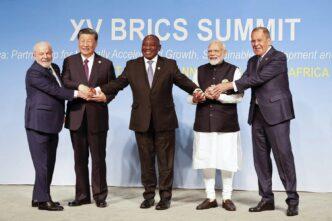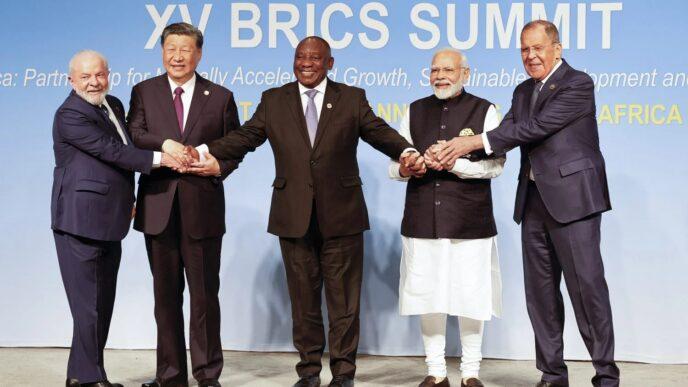The International Monetary Fund (IMF) has issued a stark warning that escalating global trade tensions could significantly worsen already fragile economic conditions, particularly affecting emerging and developing markets, including many across Africa. In its latest global economic outlook, the IMF pointed to rising protectionism, fragmented supply chains, and unpredictable tariff policies as major threats to economic recovery.
The warning comes as several large economies impose new trade barriers or renegotiate existing deals, creating a ripple effect across interconnected markets. The IMF emphasized that continued volatility could stall investment flows, disrupt export-dependent industries, and weaken currencies in developing nations.
Africa, with its growing trade ties through initiatives like the African Continental Free Trade Area (AfCFTA), stands at a crossroads. While intra-African trade offers a buffer, many economies still rely heavily on external trade partners, especially for commodities, machinery, and foreign direct investment.
Countries like Nigeria, Kenya, and South Africa—already navigating inflation, currency depreciation, and fiscal deficits—may be forced to recalibrate their trade strategies to remain competitive and resilient. The IMF urged global leaders to prioritize dialogue, policy transparency, and inclusive trade frameworks to reduce uncertainty and foster recovery.
As trade disputes intensify, the stakes are rising for developing regions. Africa’s path forward will depend on how quickly it can strengthen intra-continental trade, diversify exports, and adapt to shifting global dynamics. The IMF’s message is clear: in an interconnected world, stability in trade policy is not optional—it’s essential for shared growth.
Read also; Macron’s Historic Visit Rekindles France-Madagascar Ties

